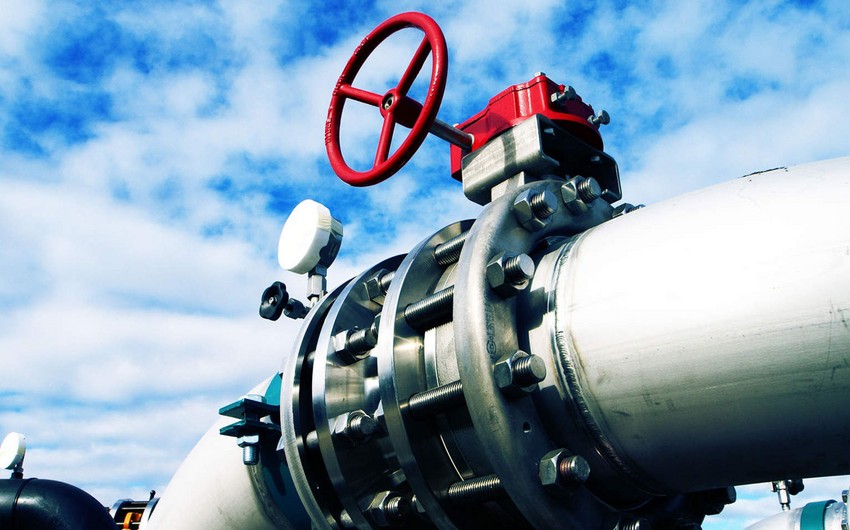The Southern Gas Corridor (SGC) is a transport system that at the initial stage ensures the supply of natural gas from Azerbaijan to Georgia, Turkey, and several European countries with subsequent expansion and the possibility of gas supplies from third countries to these regions, Chairman of TAP’s Board of Directors Murad Heydarov told Report.
Heydarov noted that the SGC is also an infrastructure that will allow other infrastructure projects to expand the geography of natural gas supplies.
"In this regard, we always note that such projects as the Gas Interconnector Greece - Bulgaria (IGB), the Ionian Adriatic Pipeline (IAP), the BRUA Gas Pipeline will also receive an additional impetus and incentive for their implementation," he said.
Heydarov added that the Southern Gas Corridor provides double diversification for Europe from a strategic perspective, which European politicians continuously talk about.
"This is primarily a new gas source that will be supplied to Europe via a new route. Therefore, when the Europeans say that they need diversification, the SGC provides double diversification," he said.
As for Azerbaijan, Heydarov noted that the country receives guaranteed profits from natural gas supplies to a stable, reliable, and commercially profitable European market.
"Besides, we supply gas to our neighbors. All this has a long-term character - 25 years - with guaranteed profits," he said.
The TAP representative emphasized that in its initial design the Southern Gas Corridor infrastructure provided for further expansion.
"Therefore, access is open for gas producers not only from Azerbaijan but also from the Caspian region and the Mediterranean to supply their gas to their markets through the Southern Gas Corridor. Technically, the system can be easily expanded. Naturally, the system of the European segment of the SGC - the Trans Adriatic Pipeline (TAP) can be expanded in accordance with the legislation of the EU," he said.
"That is, if initially TAP with a throughput capacity of 10 billion cubic meters of gas was partially exempted from the European legislation through appropriate permits, further expansion of the pipeline must comply with the strict requirements of European legislation, in particular the gas directive. The decision is taken based on commercial feasibility in accordance with the legislation of the EU and other countries on the system route," Heydarov added.
He reminded that if the countries of the Western Balkan region become interested in Azerbaijani gas in the future, a commercial decision should be made.
"In accordance with European legislation, the infrastructure must be expanded, and it is necessary to create a continuation of the infrastructure through various interconnectors. The respective countries and companies participating in the project decide on this. However, it should be borne in mind that the TAP system will start operating in an expanded mode not earlier than 2026. Naturally, to expand TAP, it is necessary to study the market and calculate how this expansion corresponds to its interests in the gas pipeline’s economic model. After that, appropriate public hearings should be held, and based on applications from potential suppliers, auctions are held," he said.
"These applications are also analyzed, and then a decision is made on the feasibility of expansion. This decision is also approved by national regulators and the relevant divisions of the European Commission. It is after this that the expansion occurs. This extension must also meet all standards, especially in terms of environmental impact. So, the expansion of the pipeline is a big project," Heydarov added.
He noted that after the expansion of the Southern Gas Corridor, the full capacity of TAP would be 20 billion, TANAP - 31 billion, and the South Caucasus pipeline - 30 billion cubic meters.


 https://static.report.az/photo/fc4c4e1b-cdec-38be-9401-c8fcca60afe1.jpg
https://static.report.az/photo/fc4c4e1b-cdec-38be-9401-c8fcca60afe1.jpg

